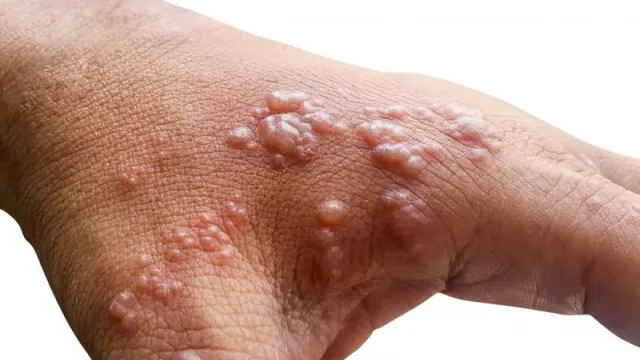Alarm as 100 monkeypox cases are reported in 12 countries

Alarm as 100 monkeypox cases are reported in 12 countries
The World Health Organization has said that 92 confirmed cases and 28 suspected cases of monkeypox are under investigation in twelve countries.
So far, confirmed cases of the virus have been identified in Australia, Belgium, Canada, France, Germany, Italy, the Netherlands, and Portugal.
“The situation is evolving and WHO expects there will be more cases of monkeypox identified as surveillance expands in non-endemic countries,” read a news release by the WHO.
Dr. Ashish Jha, the White House Covid-19 response coordinator, told American news outlet ABC he wouldn't be surprised if the US saw “a few more” cases of monkeypox in the coming days.
“But I feel like this is a virus we understand, we have vaccines against it, we have treatments against it, and it's spread very differently than SARS-CoV-2”, the virus that causes Covid-19, Jha said.
He added that “It's not as contagious as Covid. So I am confident we're going to be able to keep our arms around it. “But we'll track it very closely and use the tools we have to make sure we can continue to prevent further spread and take care of the people who get infected.”
Read also: Kemsa names ex-board member Terry Kiunge as CEO
The monkeypox virus, which is only occasionally fatal, spreads through body fluids, skin contact and respiratory droplets.
Its common symptoms include a distinctive rash, fever, and body aches. The speed at which it’s spreading has raised fears of another pandemic that would strain health systems already stretched thin by Covid-19.
According to health experts, close contact with an infected person is required to spread the monkeypox virus, where infection can develop after exposure to “broken skin, mucous membranes, respiratory droplets, infected body fluids or even contact with contaminated linen.”
“A feature that distinguishes infection with monkeypox from that of smallpox is the development of swollen lymph nodes,” the Centres for Disease Control said.
After that, a widespread rash typically appears on the face and body including inside the mouth, on the palms of the hands, and soles of the feet.
Meanwhile, a top UK health official has urged people to be aware of monkeypox, however, the risk to the general population “remains extremely low at the moment.”
“I think people need to be alert to it,” said Susan Hopkins, chief medical adviser for the UK Health Security Agency.



